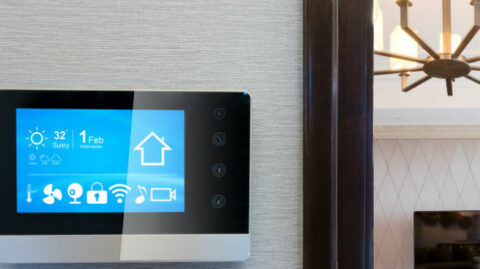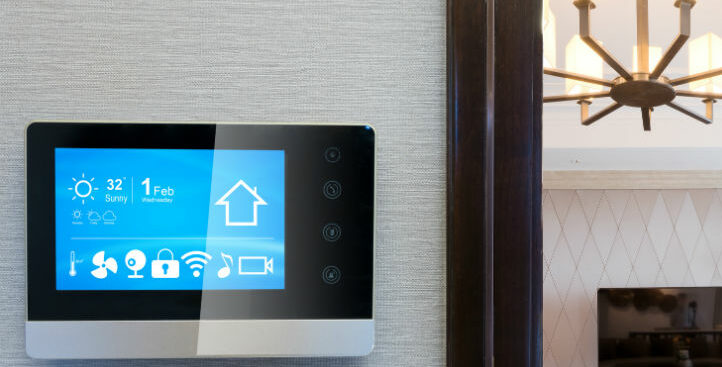Even the most basic of homes are being upgraded, refitted and kitted out with smart technology to enhance our daily lives when in the home. The Internet of Things (IoT) plans to make the integration and usage of these advanced devices simple and seamless.
What does it mean for our home insurance though? And how might it affect insurers? We find out below.
New technology
‘Connected homes’ are nothing new. As with every industry, sector and way of life, technology shapes what we do, how we do it and how it can be improved. It’s this search for improvement that encourages a better, more advanced technological world.
Physical safety has always been on our minds, which is why new technology enabling you to see who knocks on your door when you’re out has seen a huge surge in demand. Other security devices, including smart alarms and smart camera footage, means that would-be criminals face more deterrents and a higher chance of being recorded if they go ahead with the crime.
Of course, environmental change is fuelling the technological advancements in the home, too. Smart meters are already commonplace, and smart water systems and other energy tracking and management devices are in development to help give us more control over our energy usage.
These devices don’t only provide us with a greater sense of control over our effect on the planet either. It also means that some of the common ways homes could suffer an accident—burst pipes, water damage, fire hazards—are being reduced or eradicated entirely.
How do we benefit?
Aside from providing more control to our environmental efforts and a greater sense of protection, smart technology will almost certainly result in fewer claims and, consequently, cheaper premiums. Aviva found that escaping water, storm damage, theft and floods were the biggest causes of home insurance claims, and all of these are being targeted by intelligent technology.
Do insurers benefit?
Ultimately, smart home technology and IoT is expected to decrease claims and reduce premiums. Whilst old-school insurers need to be ready for the change—and the implementations of the change—other insurers are already on the ball in anticipation and some are planning on providing incoming weather warnings to their customers.
Are there any downsides?
Naturally, smart home technology has its pitfalls. One issue is the simple cost of the technology itself. Whilst these devices may reduce the cost of other risks, what happens if the devices are damaged, lost or stolen?
What’s more, this level of technology usually requires an ample amount of data. Data privacy is a constant source of attention in recent years, and people of all generations will no doubt be discouraged by the data breach that could occur.
What about the future of smart homes?
With home assistants already a thing in the home, the next step is surely physical home assistants. In theory, a home assistant could remove valuable assets from your home during a fire or warn you of a break-in during the night as we become more reliant on robotics. Sounds scary, right?












